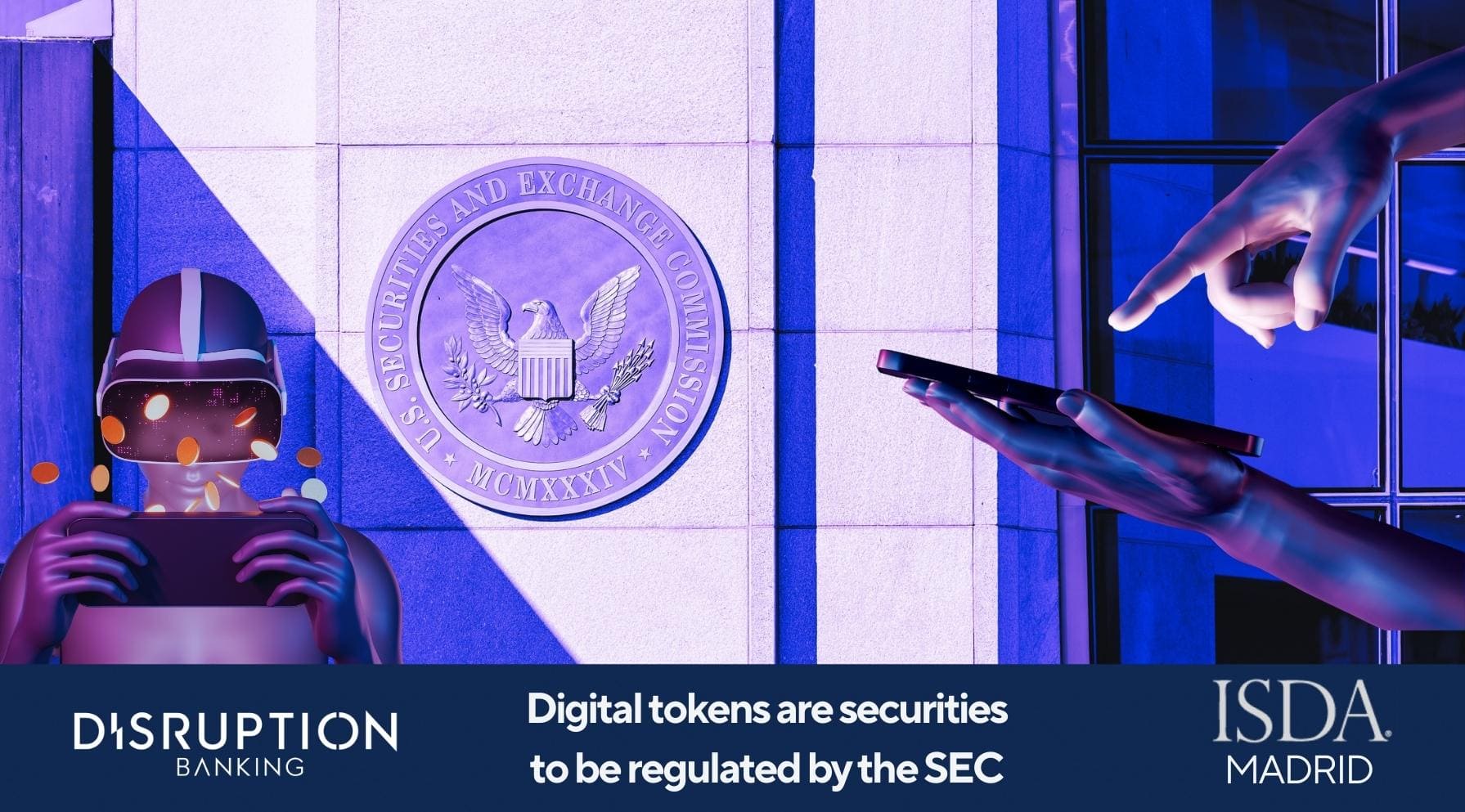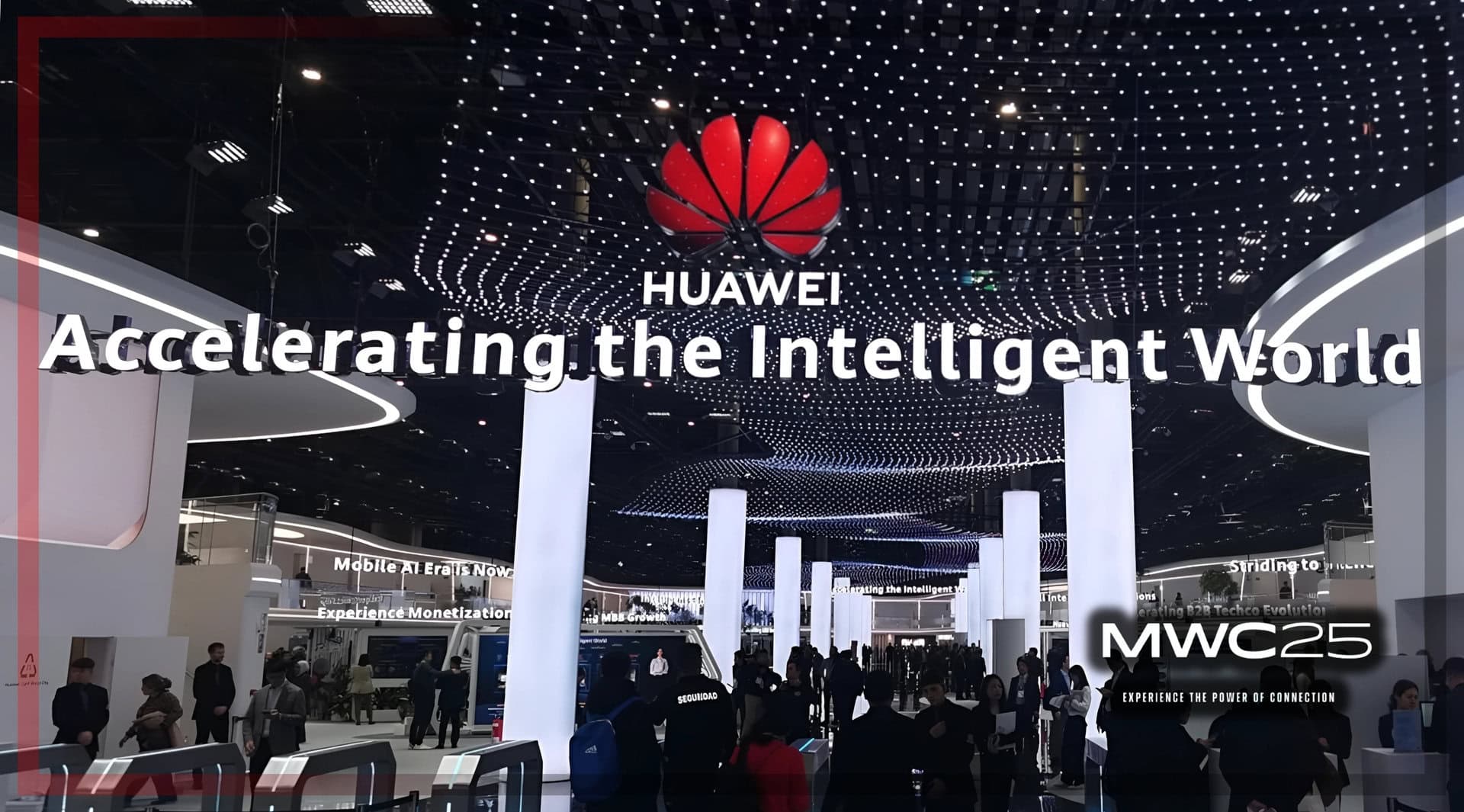While speaking to the AGM of the International Swaps and Derivatives Association (ISDA), Chair of the Securities and Exchange Commission (SEC) Gary Gensler addressed the issue of crypto and digital tokens. There has been much debate as to what kind of asset digital tokens are, and therefore which authority they should be regulated by. Some argue they are commodities, and should be under the auspices of the Commodity Futures Trading Commission (CFTC). Others, of course, believe digital tokens should not be regulated at all.
Keynote address from @SECGov chair @GaryGensler #isdaagm @ISDAConferences pic.twitter.com/U68xVUjutJ
— ISDA (@ISDA) May 11, 2022
Gensler argued that “most crypto tokens involve a group of entrepreneurs in a public participation process.” That is “the hallmark investment contract for securities under our jurisdiction,” he added.
Gensler went on to note that listing a coin involves “a group of entrepreneurs raising money, going public, and the public anticipating profit from that group of entrepreneurs.” That is “core to our [the SEC’s] remit,” Gensler said, “because we protect the public through full and fair disclosure regimes, fraud regimes and, yes, insider traders regimes around issuing.”
Most crypto tokens involve entrepreneurs raising money and investors hoping for profit – that is an issuer-based investment contract and so must comply with securities regulations, says Gary Gensler @SECGov #isdaagm @ISDAConferences
— ISDA (@ISDA) May 11, 2022
The SEC chair rubbished the idea that the majority of tokens are a “digital gold” form of commodity. “Only a few” fit the description of being used primarily as a store of value, and “even fewer, if any, tokens today are actually being used as general payment tokens for e-commerce.” If they are neither commodities or means of payment, then they would appear to be securities. “Most crypto tokens are investment contracts under the regime that the Supreme Court [established through] the Howey Test.”
Gensler said the same about crypto-based swaps. “Make no mistake: if a swap is based upon a cryptoasset, that is a security – and that is a security-based swap. I repeat: if a swap is based on a cryptoasset, that is a security and that is a security-based swap and thus our rules apply to them,” Gensler said. As a result, “any offer of sale to retail participants not only must be registered under the Securities Act […] something else Congress put in under the Dodd Frank regime is that it also must be effected on a national securities exchange.”
These rules apply to both “centralised and decentralised platforms,” Gensler added. He also noted that any company offering crypto-based swaps must “work within our securities regime.” The SEC is also dedicating greater resources on enforcement:
Today we announced that we’re bolstering the unit responsible for protecting investors in crypto markets & from cyber-related threats. The newly renamed Crypto Assets & Cyber Unit in the Division of Enforcement will grow to 50 dedicated positions.
— U.S. Securities and Exchange Commission (@SECGov) May 3, 2022
“I know that ISDA is working on a project with respect to derivatives, and such standardised approaches can be a good thing for markets. But at the end of the day, I think it’s important to recognise that its underlying asset is a security […] we’re in a place where many of these [products] are issuer-based investment contracts with securities. The derivative must comply with securities regulation,” Gensler argued.
The SEC Chair’s comments at the ISDA AGM may help bring much-needed clarity to the digital tokens market. All companies seeking to issue coins, or trade in crypto-based swaps, must be aware that the US regulator expects them to comply with existing securities laws.
Author: Harry Clynch
#isdaagm #ISDA #SEC #Crypto #Derivatives #Securities #Regulation















